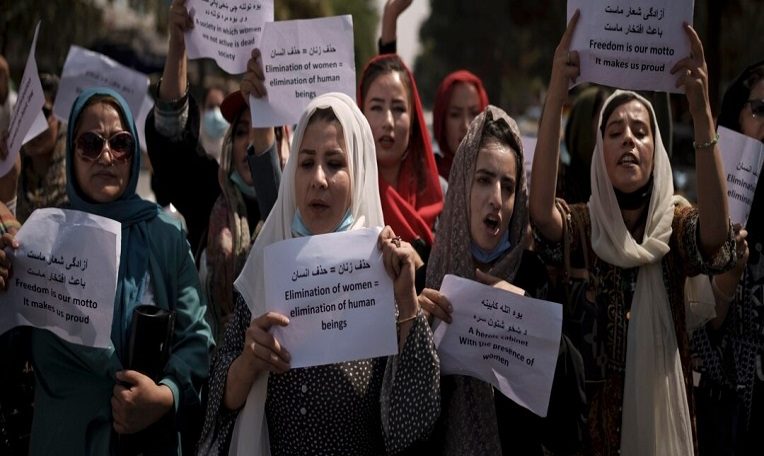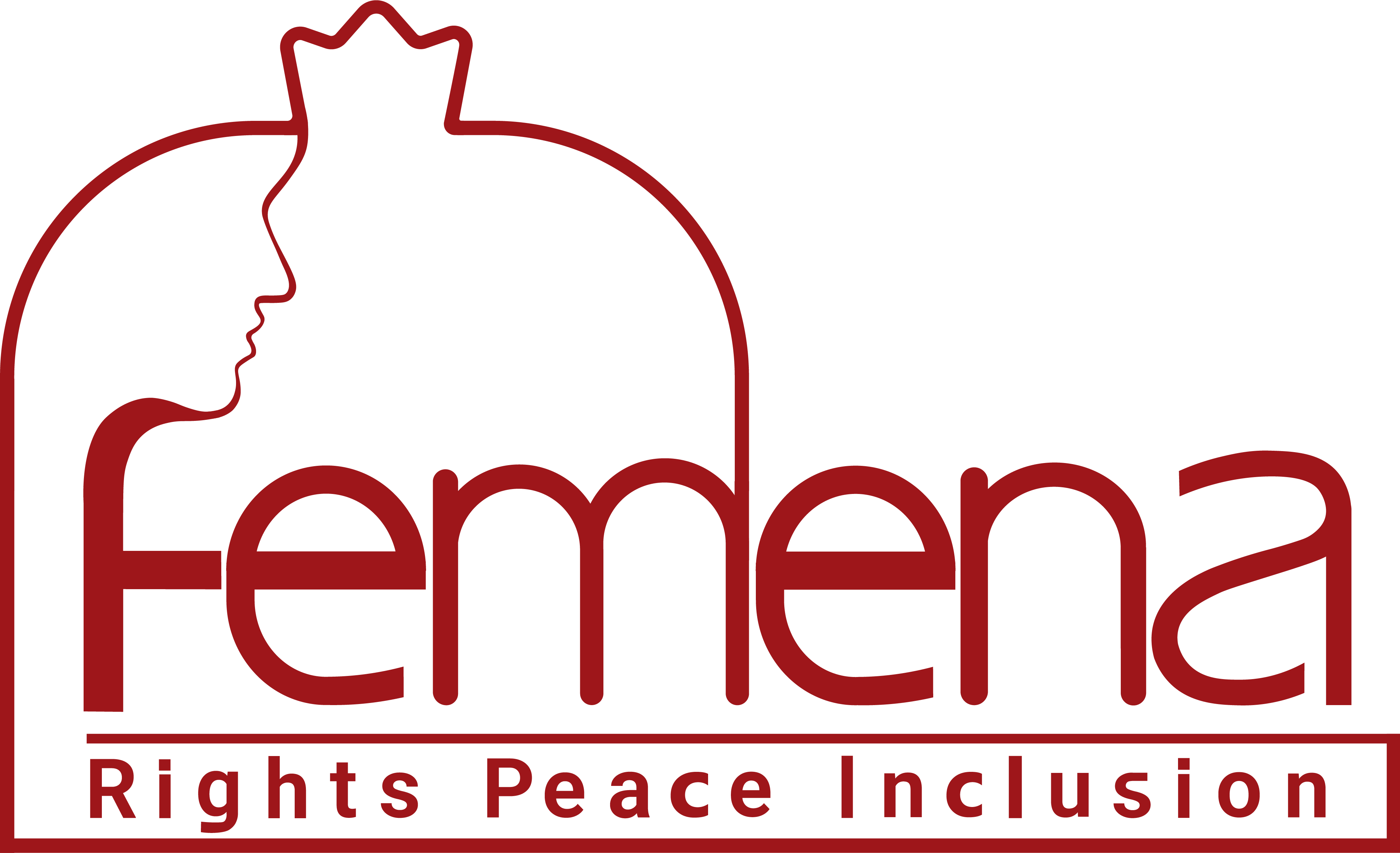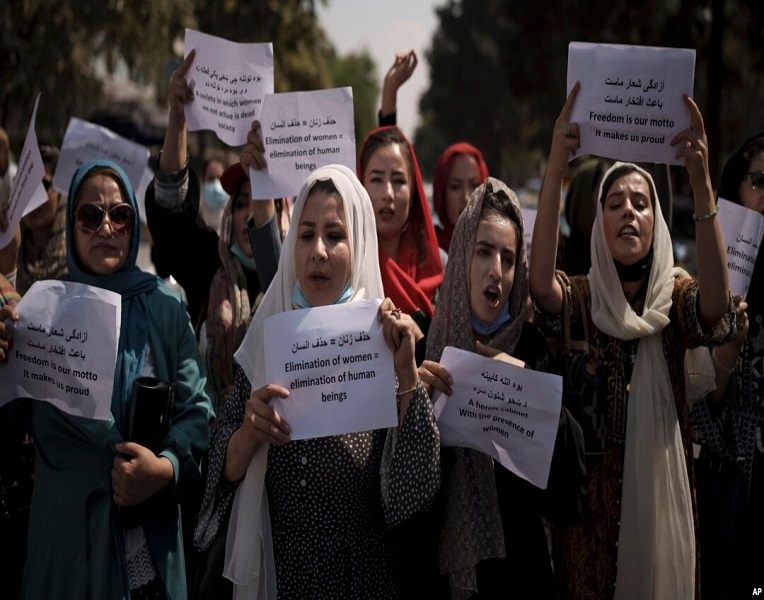
The Taliban’s ban on women’s employment in national and international NGOs instituted in December 2022 was a major intensification of their ongoing assault on women’s rights. The ban has further constrained the already limited opportunities available to Afghan women, leaving them with limited access to critical resources such as access to humanitarian aid and basic health services they desperately need. The regressive measure is also a further step toward erasing women from the public space while preventing them from receiving vital humanitarian aid in the midst of a deepening humanitarian crisis.
The responses of aid organizations to the ban have been mixed. While some organizations chose to temporarily suspend their activities, hoping to exert pressure on the Taliban to reverse their policy, others, such as the World Food Program, decided to continue with their operations. While many aid organizations which have chosen to continue working in Afghanistan despite the ban on women’s employment, may have offset immediate harm by allowing women to work from home, this arrangement will not be possible in the long run and will eventually bolster the Taliban’s efforts to push women out of employment and almost entirely out of the public space and sphere.
The lack of a strong unified stance from international aid agencies has emboldened the Taliban, leading to their most recent decision to impose a ban on women’s employment within the UN system in April 2023. The UN initially issued a statement expressing that it was forced into making an “appalling choice” due to the ban. However, contrary to the expectations of Afghan human rights activists and national and international civil society groups, that the UN suspend activities until women are allowed to return to work, the UN once again complied with the Taliban’s demands. An internal UNCT communication circulated on social media earlier this month indicated that the UN had permitted its agencies to comply with the Taliban’s ban on women’s employment and continue operations.
In an effort to better understand the perspectives of women and women human rights defenders about the UN’s response to the ban, women’s access to humanitarian aid and their expectations from the international community, Femena interviewed women human rights defenders, civic activists, UN staff and Afghan women, throughout Afghanistan. All those interviewed found the UN’s compliance with the Taliban ban on women’s work, even if framed as necessary for aid delivery, unprincipled and in contradiction to their expectations and international norms. They expressed concern about the equal and fair distribution of aid to communities in need and pointed to some serious challenges in accessing the most vulnerable communities. Those interviewed also expressed great frustration and concern about the long-term negative impact these bans will have on women’s social, political and economic participation, women’s mental health and sense of dignity as well as their livelihoods.


